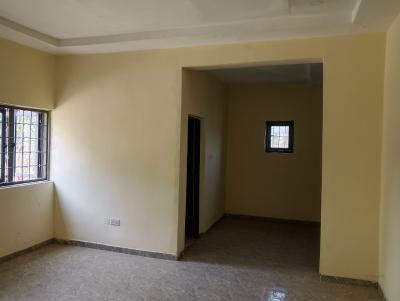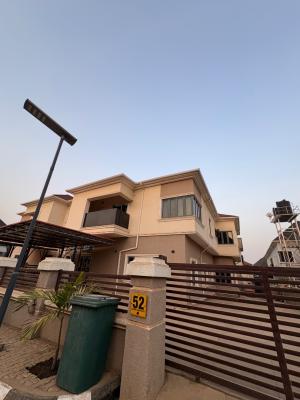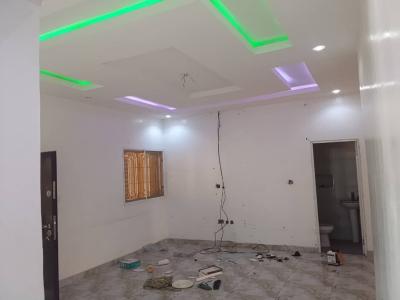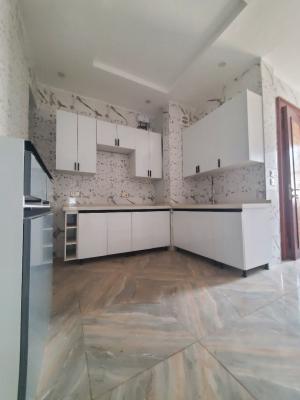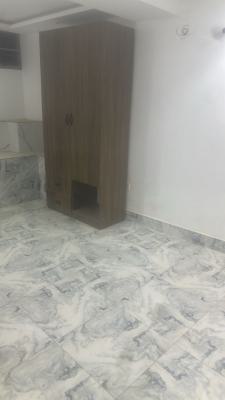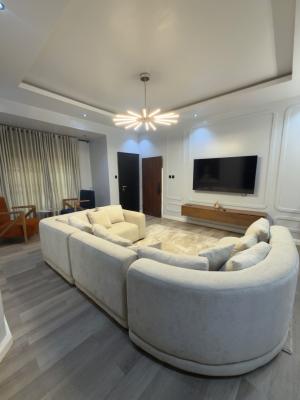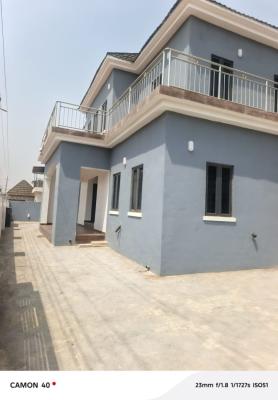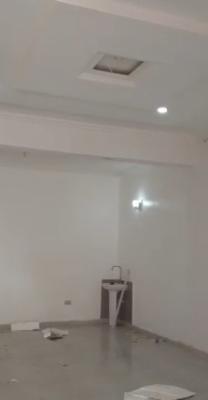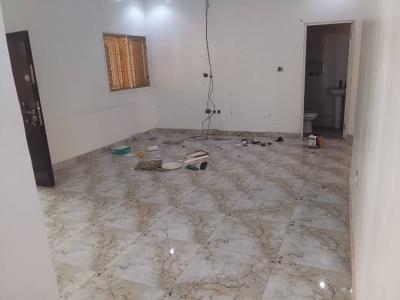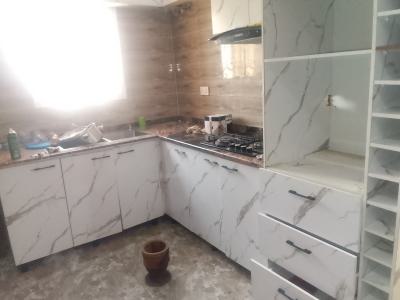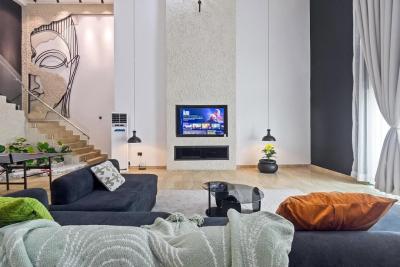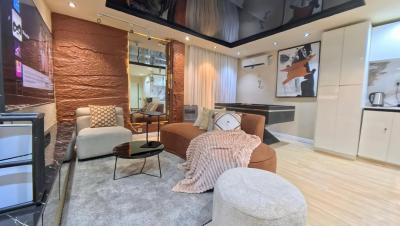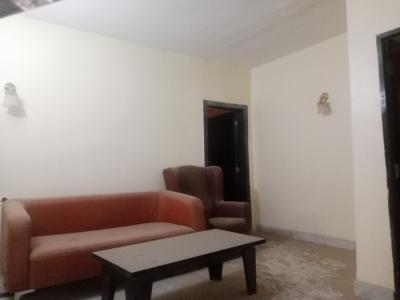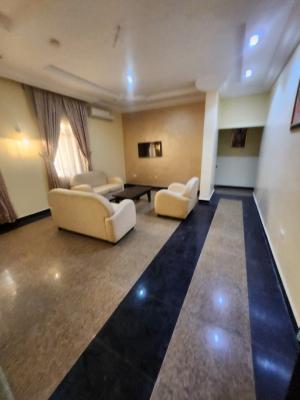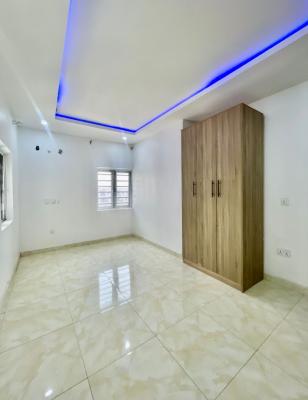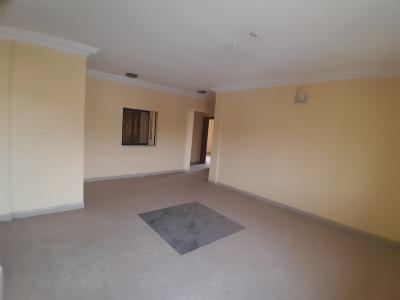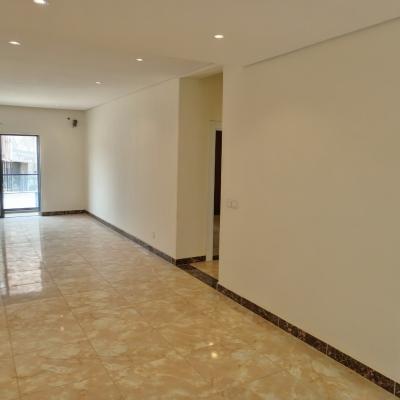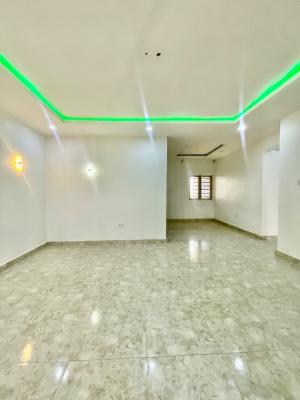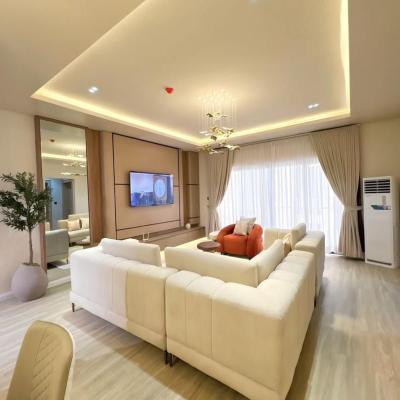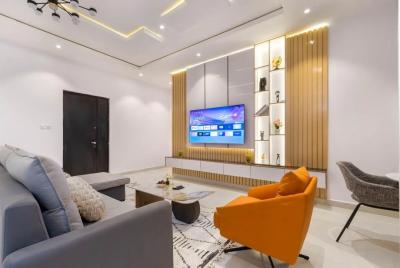Flats for Rent in Abuja
Quick Filters
Bedrooms Subtypes Areas Areas
- Abaji|
- Apo|
- Asokoro District|
- Bwari|
- Central Area Phase 2|
- Central Business District|
- Cultural Zones|
- Dakibiyu|
- Dakwo|
- Dape|
- Dei-Dei|
- Diplomatic Zones|
- Duboyi|
- Durumi|
- Dutse|
- Gaduwa|
- Galadimawa|
- Garki|
- Gudu|
- Guzape District|
- Gwagwalada|
- Gwarinpa|
- Idu Industrial|
- Ija|
- Institution and Research|
- Jabi|
- Jahi|
- Jikwoyi|
- Kaba|
- Kabusa|
- Kado|
- Kafe|
- Kagini|
- Karmo|
- Karsana|
- Karshi|
- Karu|
- Katampe|
- Kaura|
- Kpeyegyi|
- Kubwa|
- Kuje|
- Kukwaba|
- Kurudu|
- Kwali|
- Kyami|
- Life Camp|
- Lokogoma District|
- Lugbe District|
- Maitama District|
- Mbora (Nbora)|
- Mpape|
- Nyanya|
- Okanje|
- Orozo|
- Utako|
- Wumba|
- Wuse|
- Wuse 2|
- Wuye
- Abuja Kaduna Zaria Expressway|
- Airport Road|
- Brains and Hammers Estate|
- Centage Estate|
- Citec Estate|
- Cooperative Estate|
- Efab Estate|
- Estates|
- Fafu Estate|
- Faplins Estate|
- Fynestone Estate|
- Godab Estate|
- Gwarimpa Estate|
- Kafe Garden Estate|
- Kings Park Estate|
- Kingstown Estate|
- Peace Court Estate|
- Platinum City Estate|
- Prince and Princess Estate|
- Same Global Estate|
- Southend Estate|
- Suncity Estate|
- Sunnyvale Estate|
- Verizon Estate|
- Villa Nova Estate|
- Wonderland Estate
21
4 bedroom flat / apartment for rent
Nut Axis, Airport Rd., Lugbe District, Abuja ₦4,500,000 per annum2 bedroom flat / apartment for rent
Before Paradise 1 Estate After Magistrate Court, Life Camp, Abuja ₦5,000,000 per annumWhat is the average price of flats for rent in Abuja?
The average price of flats for rent in Abuja is ₦5,000,000 per annum.
What is the price of the most expensive flats for rent in Abuja?
The price of the most expensive flats for rent in Abuja is ₦75,000,000 per annum.
What is the price of the cheapest flats for rent in Abuja?
The price of the cheapest flats for rent in Abuja is ₦450,000 per annum.
How many flats for rent in Abuja are available?
There are 1,851 available flats for rent in Abuja.
You can view and filter the list of property by price, furnishing and recency.

